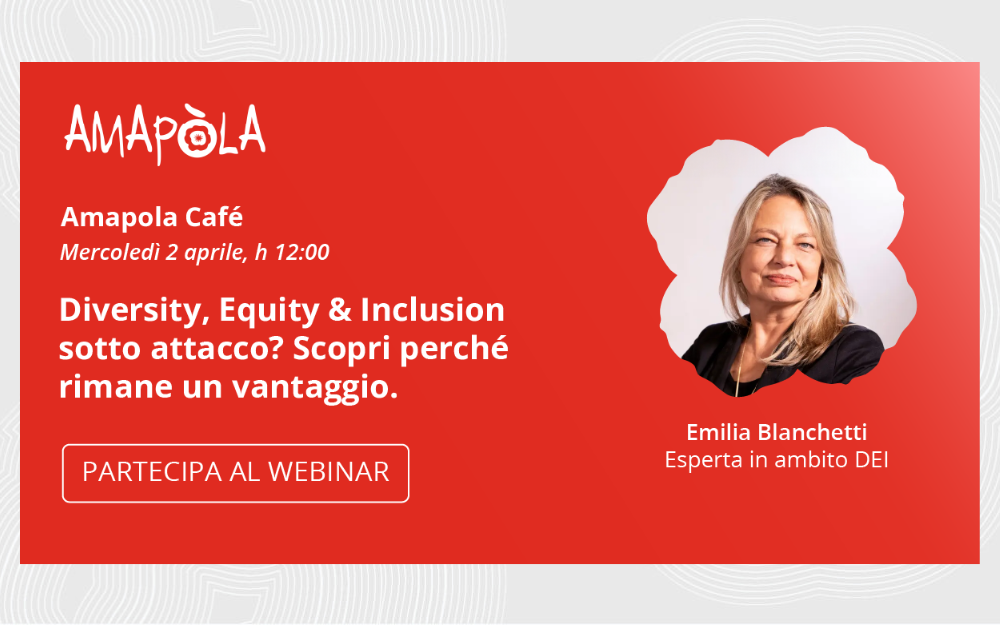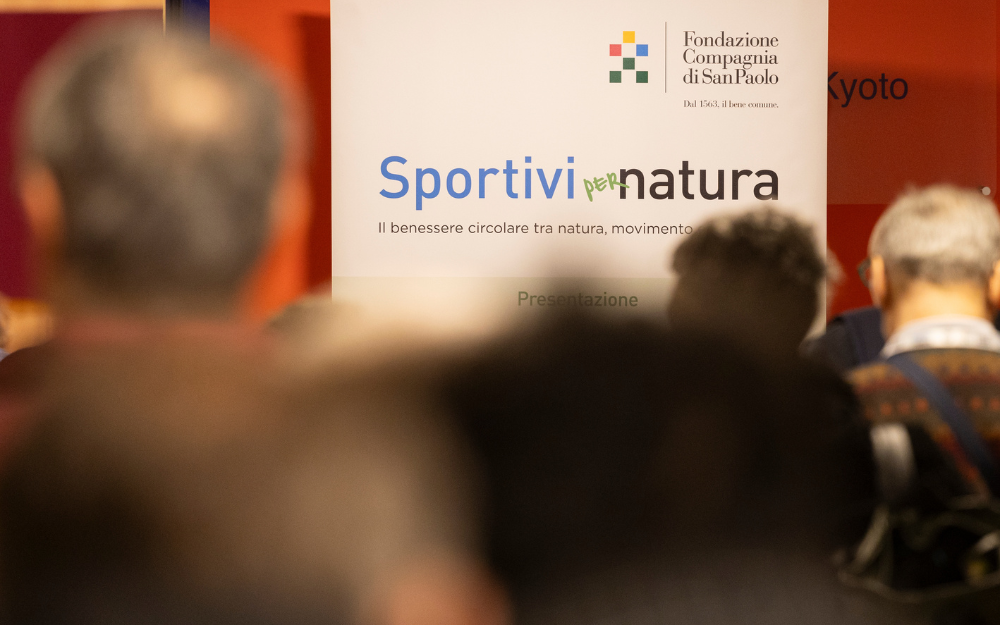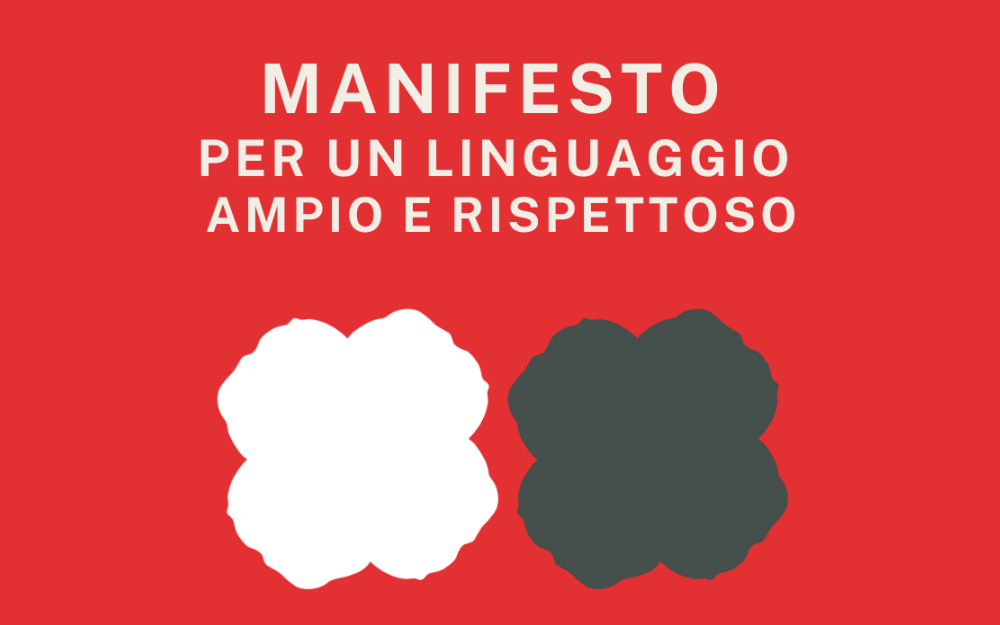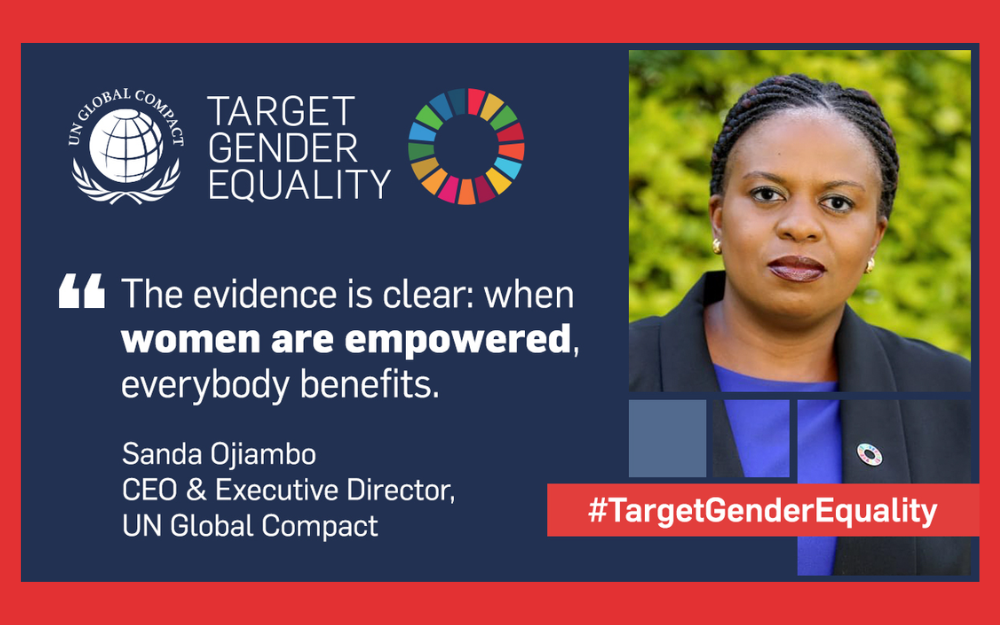Voices from Syria: interview with Alex Moscetta from the Sant’Egidio Community
Le conseguenze di guerra e terremoto tra vittime, profughi, povertà e distruzione e l’importanza dell’attivazione dei corridoi umanitari.
Having examined the Iranian question in the first edition of Voci, we turn to another dramatic current event: the earthquake in Syria. To tell us about the country and its people, we talked to Alex Moscetta, head of communication for the Community of Sant’Egidio, an international movement that helps the poorest members of society and works for peace.
Here is a summary of the video-interview.
Sant’Egidio and its work in Syria
The Community of Sant’Egidio was formed in 1968 in Rome, and now has communities in 70 countries around the world. Its key missions are to help the poor and work for peace and dialogue through major international projects for the homeless and refugees and peace treaties like the General Peace Agreement for Mozambique (1992). As the Community’s head of communications, Alex Moscetta is responsible for public relations, coordination of solidarity activities, institutional relations, donors, fund-raising and engagement initiatives. The Community has been active in Syria for many years, where it has been working to create humanitarian corridors to manage the refugee crisis caused by the war.
War and earthquake
“The war in Syria, which has been going on for 12 years now, is a senseless conflict that creates countless refugees, death and destruction, misery and poverty,” says Alex Moscetta. The refugee crisis is one of the most serious consequences: people are fleeing from the war zone, without hope, a home or a future, and this leads them to undertake terrifying journeys across the Mediterranean to reach Italy and then Europe. Two months ago, the horrors of the war were compounded by the earthquake in Turkey and Syria, which has brought more victims and destruction. The most serious effects were felt in Syria, already martyred by more than ten years of war.
This dramatic situation is exacerbated by the embargo on Russia, which has slowed or even blocked the humanitarian aid that is so vital for a country in these conditions. Besides causing further destruction, the earthquake has of course created more refugees. All this demonstrates an undeniable fact, explains Moscetta: events like war, poverty and earthquakes cause people to flee their homeland in search of a better life, undertaking journeys of hope that can lead to tragedies like the Cutro disaster.
Humanitarian corridors, Sant’Egidio’s experience in Syria
The Community of Sant’Egidio decided years ago to set up humanitarian corridors, which are the “safe, legal and protected way to bring refugees to Italy and Europe,” Moscetta explains. This means giving people a visa and providing them on their arrival with a welcome and integration programs (all at zero cost to the State). Above all, it means putting a stop to human trafficking in the Mediterranean. Through humanitarian corridors, five thousand people from Syria have already reached Europe safely and been helped to integrate in their new communities.
The Voci column
Voci is about stories, people and words without frontiers. In our infodemic age with its extreme background noise, this is an initiative designed to focus attention on key social issues, giving a voice to people with first-hand experience.





